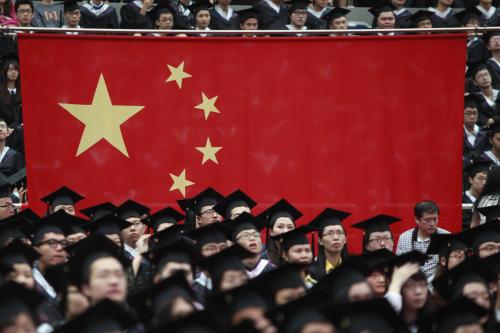This is the second in a series of three short videos I did with Hillary Clinton’s Senior Adviser for Innovation Alec Ross. (Watch the first and third videos as well.)
This part looks at the enormously complex issue of the U.S. Internet Freedom agenda. What are the likely implications for global stability as new communications technologies continue their rapid spread?
Internet freedom is an issue Ross has framed in grand proportions. In October last year, the
Washington Post
reported his views this way:
If the great struggles of the 20th century were between left and right, he said, the conflict of the 21st century will be between open and closed. “The president and the secretary of state have made it clear where they stand on this,” he said. “For openness, with an open Internet at its core.”
But State’s work has been more than mere rhetoric. Congress has backed it with $76 million in funding from 2008 to 2011.Those funds have been used to try and help activists in authoritarian countries get around government firewalls, train them in digital safety and to help keep their websites afloat when they are subjected to digital attack.
This work has not been without its difficulties. While $76 million might sound like a lot of money, it’s a pretty modest amount in comparison with the resources authoritarian states are spending on censoring and filtering the web as well as monitoring the online activity (and cracking down on) activists. The circumvention tools State funds can also never be fail safe, meaning activists are always exposed to some risk.
As I argued in this
Foreign Policy
article, while the agenda is not without its difficulties and enormous complexities, an issue critics of the program need to address is the alternative of doing nothing. Because whether State gets involved or not, activists will keep using social media and the internet to organize.
A full overview of State’s ediplomacy activities can be found here.



Commentary
Internet Freedom: An Interview with Alec Ross
April 11, 2012